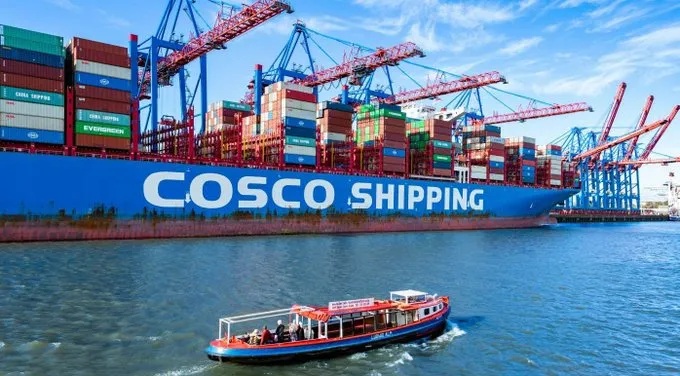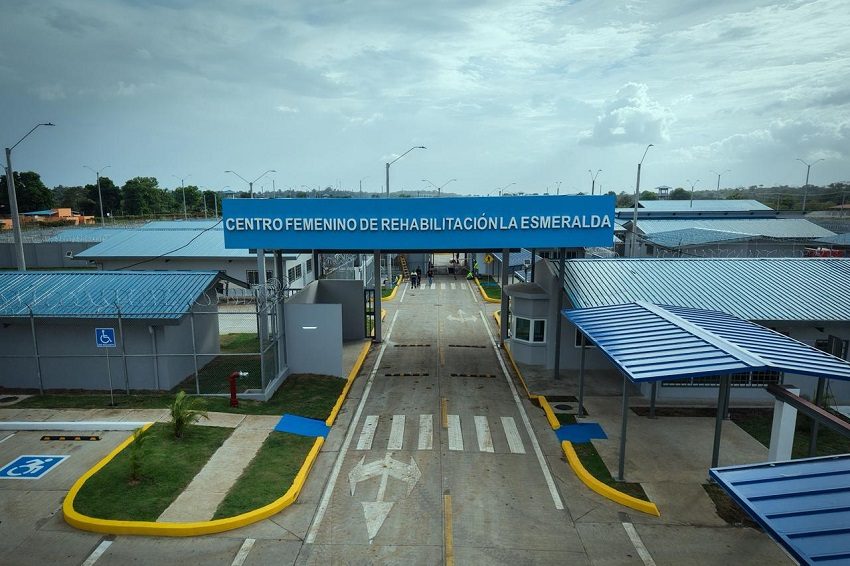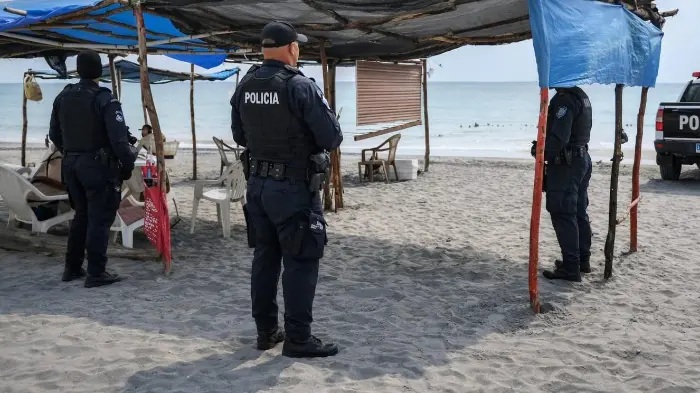Chinese Cargo Ships Receive Suspended Port Fees for One Year from the U.S.
The suspension of tariffs and duties will remain in effect until November 10, 2026, while bilateral negotiations continue.

This Monday, the one-year suspension of US port fees for Chinese-made ships came into effect, following the agreement reached earlier this month between the US and China. Simultaneously, China opted to suspend reciprocal tariffs on US ships for one year, as part of a trade truce intended to ease tensions and facilitate future negotiations. At the same time, the Office of the United States Trade Representative (USTR) opened a consultation period with the sectors involved to analyze the impact of the tariffs on the arrival of ships built or owned by China. Chinese authorities also expressed their willingness to hold “consultations on an equal footing” to find a lasting solution to the conflict.
The tariffs went into effect on October 14 and would have cost the Chinese state-owned shipping company COSCO an estimated $1.5 billion. The objective of the tariffs imposed by the Trump Administration was to incentivize the purchase of cargo ships built in American shipyards in an industry dominated by Chinese shipyards, which according to recent data received 53% of new orders for new large-tonnage ships. China responded to the US measure with reciprocal tariffs at its ports, but also decided to suspend tariffs for a year until progress is made on a more stable bilateral agreement. The suspension of tariffs and duties will remain in effect until November 10, 2026, while bilateral negotiations continue.
The agreement also includes a reduction in the average U.S. tariff on Chinese goods from 57% to 47%, the easing of restrictions on rare earth exports, and the resumption of agricultural trade between the two countries. China has pledged to resume large-scale purchases of US soybeans, sorghum, and timber; an estimated minimum of 12 million tons by the end of the year and 25 million tons annually thereafter. Today also saw the reduction of tariffs imposed by Washington in response to the fentanyl crisis, from 20% to 10%. This special tariff had been imposed in February and March as an emergency measure to curb the flow of precursors for this opioid into the United States.





